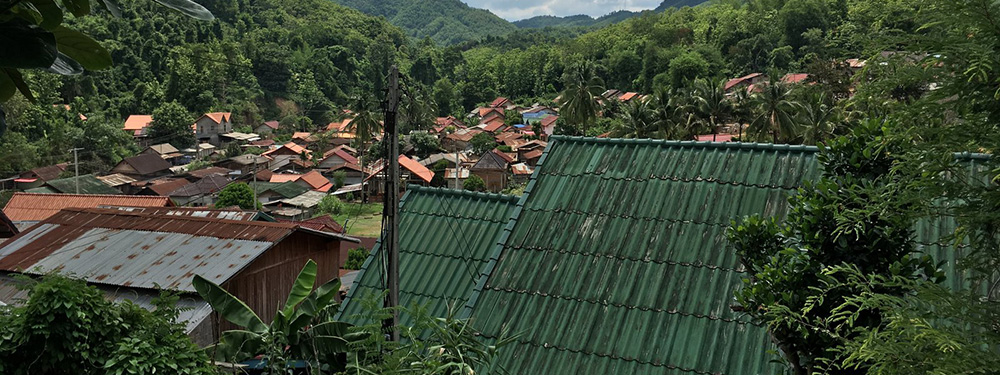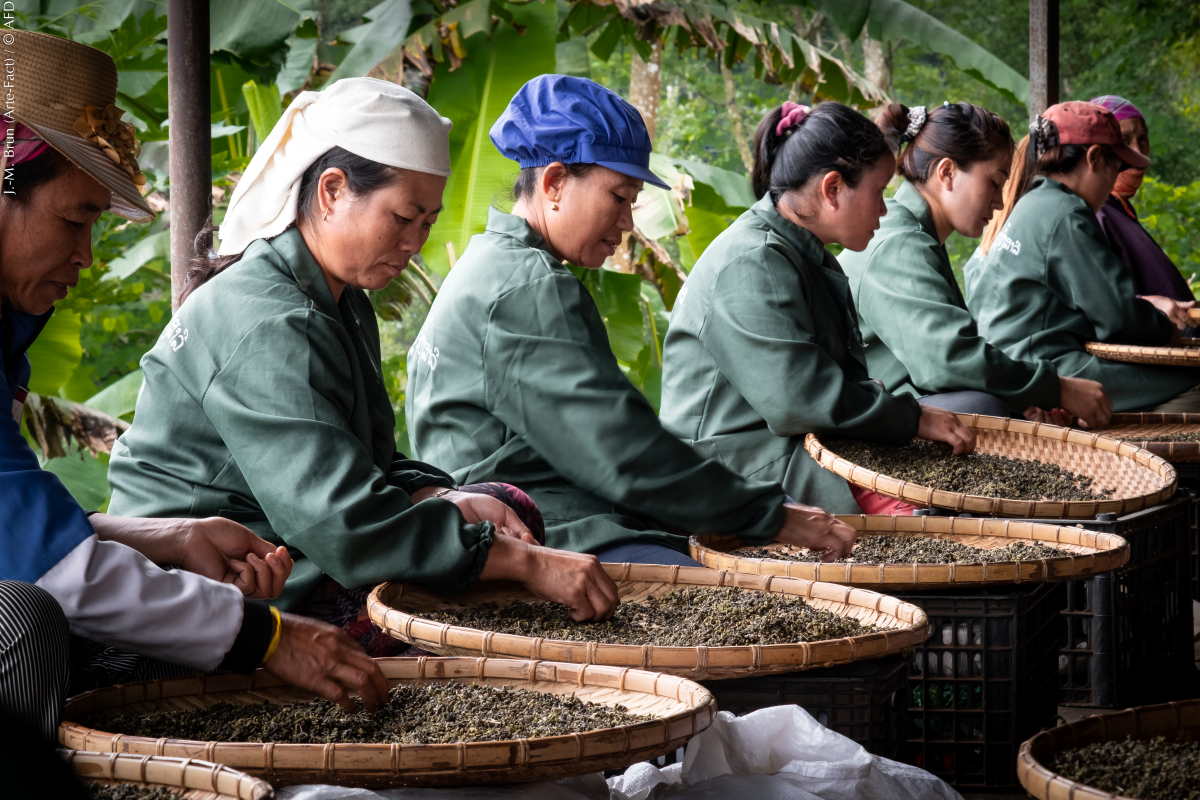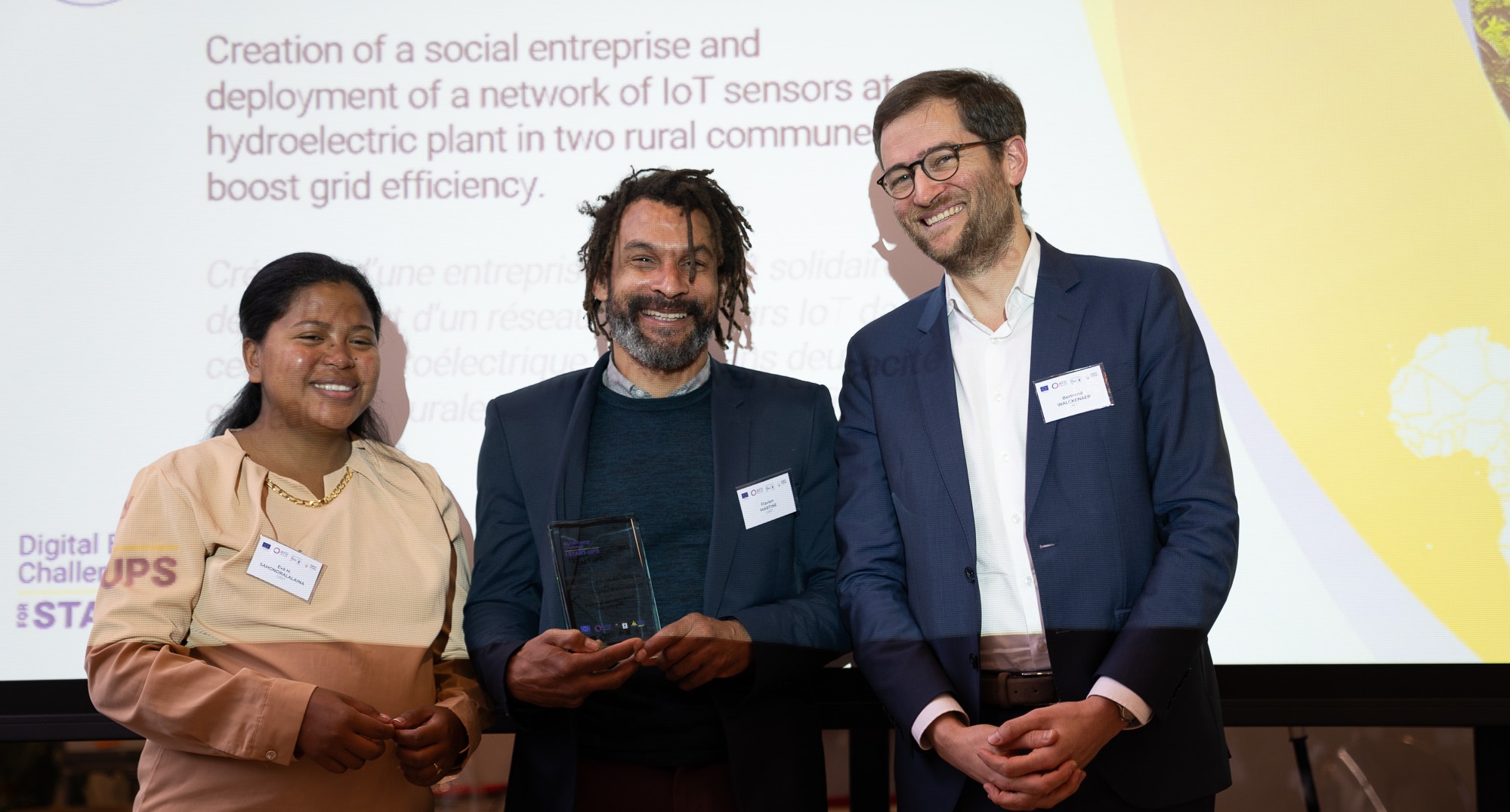GRET has been working in the areas of water and sanitation in Laos since 2004. It capitalised on its experiences and benefitted from strong local partnerships to multiply innovative projects at various levels. From development of rural drinking water networks to support for urban sanitation services, in 16 years, GRET has become a major partner in the essential services sector in Laos.
The origins of GRET’s drinking water activities in three rural provinces in Laos
GRET launched its water and sanitation activities in Laos in 2004, with a programme to develop mini-drinking water networks (Mirep), aimed at developing drinking water services in large villages and drawing on a similar successful experience in Cambodia. Based on the mobilisation of local private operators, in 14 years, the programme made it possible to develop 17 water in three provinces in central Laos. These services now supply 32,000 people.
In 2020, GRET began work on capitalisation that will enable an assessment of this programme, analysis of issues and highlighting of lessons learned that will inform future activities.
Development of support for services in the city of Vientiane and initial solid waste management activities
In 2009, GRET began supporting services in Vientiane, in particular with optimisation of commercial and financial management of the public water company and improvement of sanitation for the sludge emptying management service. In 2018, the NGO began its first work on solid waste management in Laos, conducting a diagnosis and feasibility study to improve solid waste management in the district of Champassak.
From support for local governance of water…
In 2017, the Confluence association (based in the Centre-Val de Loire Region in France), a historic stakeholder in cooperation with the province of Luang Prabang, called upon GRET to provide technical support to consolidate the governance it is developing for drinking water services in rural areas and to implement a social marketing approach for sanitation.
In two years, the Persea project made it possible to supply water to 4,700 people and to sell 180 household latrines. In 2020, this project entered into a new phase, thanks to additional support from Agence française de développement (AFD).

…to institutional support for the province of Luang Prabang
In 2018, the Île-de-France Water syndicate (Sedif) signed a cooperation agreement with the province of Luang Prabang and launched a programme to support the Luang Prabang water company. The first phase enabled improvement of access to drinking water for 2,800 inhabitants of the main town in Phonexay district, extension of the network to the village of Houay Loung (750 people), and the establishment of a trusting working relationship around water service management issues. At the beginning of 2020, Sedif confirmed its support to the programme and backed the launch of a second phase that will make it possible to develop the drinking water service for the 4,000 people living in the village of Thabok (Phoenxay district). Sedif’s support will also make it possible to work alongside the NamPaPa water company to adapt its management practices and standards in rural areas.
Also starting in 2020, GRET will support the municipality of Luang Prabang to implement a pilot project aiming to improve management of urban ponds in the Ban Mano neighbourhood. The latter are included in UNESCO’s World Heritage List. To fight against the deterioration of these ponds and the risk they run of being filled in due to demand for land, the project partners (the municipality, Centre-Val de Loire Region, Loire-Bretagne Water Agency, University of Tours, AFD) are counting on the reduction of pollution from waste water and better joint management of these ponds.
In 2020, activities are concentrated in Luang Prabang with longstanding partners. GRET is focusing on strengthening of public and private stakeholders, or communities themselves, with proximity support over the long term. In parallel, it is continuing its constant research on pragmatic innovations.






